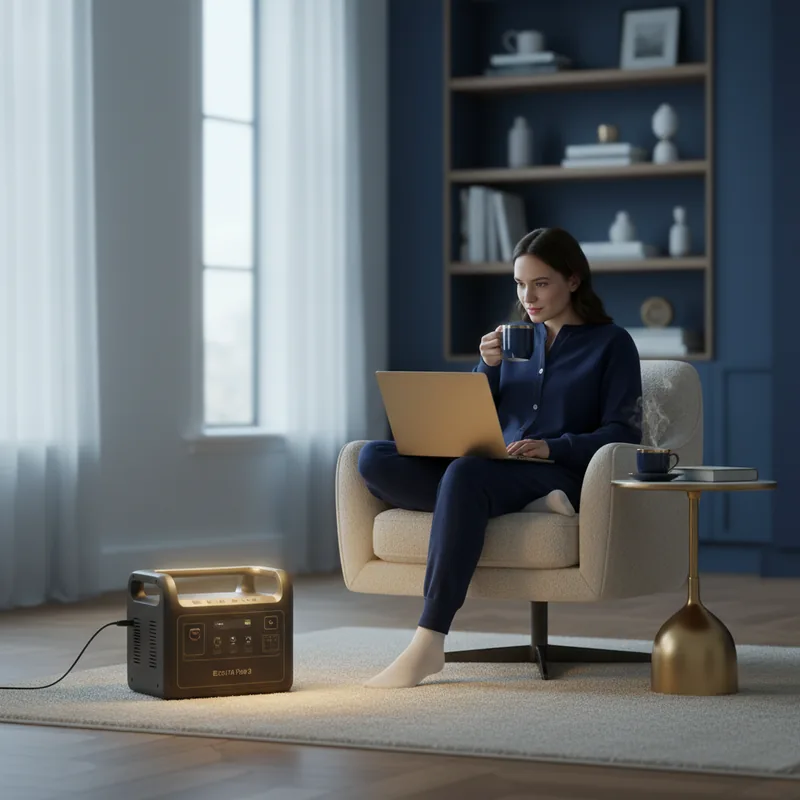7 Proven Ways Psychologists Say Really Beat Social Anxiety
Feeling like everyone is secretly judging you, replaying every conversation, or wanting to cancel plans at the last minute? You’re not broken—and you’re not alone.
In 2025, psychologists say real, lasting relief comes from a mix of evidence-based therapy, small daily actions, and lifestyle shifts that retrain your brain—not from avoiding every uncomfortable moment. Within weeks, many people see measurable changes when they apply these tools consistently (Harvard, 2024).
Social anxiety is highly treatable. What psychologists say really works is a structured, kind, and strategic approach—not perfection.
What Is Social Anxiety, Really?
Social anxiety is more than shyness. It’s a persistent fear of being judged, embarrassed, or rejected that makes everyday interactions—meetings, texts, dates, even video calls—feel threatening.
Common signs include:
- Racing heart, blushing, sweating, trembling in social settings
- Mind going blank when you’re asked something simple
- Replay loops after conversations (“Why did I say that?”)
- Avoiding invitations or needing a “perfect mood” to show up
- Dreading being seen: eating, speaking, presenting, or meeting new people
If these patterns are frequent and interfere with work, school, or relationships, psychologists say really taking them seriously—and getting support—is the turning point.
How Do You Calm Social Anxiety Quickly?
When your body is in fight-or-flight, you need fast, simple tools. Use these in the five minutes before (or during) a triggering situation:
Paced breathing (4-6 pattern) Inhale for 4, exhale for 6, repeat 10 times. This signals safety to your nervous system.
5-4-3-2-1 grounding Name 5 things you see, 4 you feel, 3 you hear, 2 you smell, 1 you can taste. It pulls you out of spiraling thoughts and into the present.
Cold reset
Hold something cold or splash cool water on your face.
This activates your dive reflex and reduces physiological arousal.Micro-move instead of full cancel
If you want to bail on an event, commit to just 10 minutes.
Leaving becomes a choice, not an escape.
For short-term relief, psychologists say really effective strategies target the body first—then the thoughts.
What Psychologists Say Really Changes Social Anxiety Long-Term
The most effective treatments in 2025 are practical, structured, and compassionate.
Here’s what leading clinicians and researchers emphasize:
1. Cognitive Restructuring (Train Your Inner Narrator)
Your brain is probably running distorted scripts like:
- "Everyone thinks I’m weird."
- "If I stumble, it’s over."
- "They remembered that awkward thing I said."
Cognitive restructuring helps you:
- Spot unhelpful thoughts (catastrophizing, mind-reading, all-or-nothing thinking)
- Test them against real evidence
- Replace them with balanced, believable alternatives
Example:
- Thought: "I ruined that meeting."
- Evidence: You contributed twice, no one reacted negatively, the meeting ended normally.
-
New thought: "I was nervous, but I stayed engaged.
That’s progress."
Over time, this process rewires how your brain interprets social cues, which Stanford researchers note significantly lowers anxiety intensity.
2. Gradual Exposure (Confidence Through Reps)
Avoidance keeps anxiety powerful.
Exposure therapy breaks that loop—strategically.
A simple exposure ladder:
- Make eye contact and smile at one person per day
- Ask a cashier one brief question
- Attend a short social event and stay 15–20 minutes
- Share one opinion in a meeting or group chat
- Practice a short presentation with a trusted friend
Psychologists say really meaningful change happens when exposure is:
- Gradual (not flooding yourself)
- Repeated (same action multiple times)
- Reviewed (notice what actually happened vs. feared)
3. Trauma-Informed Support (When the Fear Has a History)
If past bullying, humiliation, or criticism fuels your anxiety, therapies like EMDR or trauma-focused CBT can help you process those experiences.
This doesn’t erase your past. It cuts the link between old pain and current social situations so today’s interactions feel less dangerous.
Which Daily Habits Help Social Anxiety the Most?
Think of your nervous system as your baseline. The more regulated it is, the less intense social situations feel.
Smart lifestyle shifts that psychologists say really support recovery include:
- Move most days: 10–20 minutes of walking, yoga, dance, or light strength training can lower anxiety and improve emotional regulation.
- Choose steady energy foods: More whole grains, vegetables, proteins, and healthy fats; fewer extreme sugar spikes.
- Mind your stimulants: Caffeine can mimic anxiety symptoms; alcohol may soothe short-term but increase next-day dread.
- Protect your sleep: Consistent 7–9 hours helps emotional control and reduces overreacting to perceived judgment.
- Gut-brain support: Probiotic-rich foods like yogurt, kefir, kimchi, and sauerkraut have been linked to reduced social anxiety symptoms in some individuals.
Small, boring habits are often the most powerful anxiety regulators.
How Do I Practice Social Skills Without Feeling Fake?
You don’t need to become the loudest person in the room.
You need repeatable, authentic tools.
Try these low-pressure strategies:
- Arrive early: Fewer people, less overwhelm, more control.
- Keep 3 go-to questions: "What are you working on lately?" "How did you get into that?" "What are you excited about this month?"
- Use simple body language: Soft eye contact, relaxed shoulders, slight smile.
- Lead with your strengths: Maybe you’re a great listener, thoughtful, witty one-on-one, or curious.
Use that.
New examples in real life:
- In a coworking space, you say: "Hey, I see you here often—how’s your week going?" then let them talk.
- In a class or workshop, you ask the person next to you: "Have you taken a course here before?"
- At a family event, you ask an older relative: "What did you love doing at my age?"
These are short, repeatable, and don’t require being "on" all the time.
How Can I Build Real Relationships When I Have Social Anxiety?
Meaningful connection is possible even if your default is overthinking. Use structure to make it feel safer:
- Challenge the spotlight effect: Most people are thinking about themselves, not scoring your every word.
- Start small but consistent: A quick "Hey, how did that interview go?" text keeps momentum without pressure.
- Plan predictable meetups: Same café, similar time, clear end point.
Less uncertainty=less anxiety. - Say yes selectively: You don’t need every invite.
Choose the ones aligned with your values and prep an exit line: "I’ve got an early morning, so I’ll head out by nine." - Avoid comparison traps: Your extroverted friend is not the standard.
Your quieter style is valid.
Joining a support group or skills-based group (online or in-person) can offer a structured way to practice conversations with people who get it.
Psychologists say really strong relationships grow from showing up imperfectly but consistently—not from performing.
One Action Step to Start Today
Pick one tiny action you can repeat for the next 7 days.
Keep it so small it feels almost too easy.
Examples:
- Say "Hi" plus one sentence to one person daily
- Stay 5 minutes longer at one event instead of leaving immediately
- Write down one anxious thought and one balanced reply each evening
Do that one thing. Track how your fear shifts. Because what psychologists say really matters is not being fearless—it’s proving to yourself, in small, undeniable ways, that you can handle being seen.











